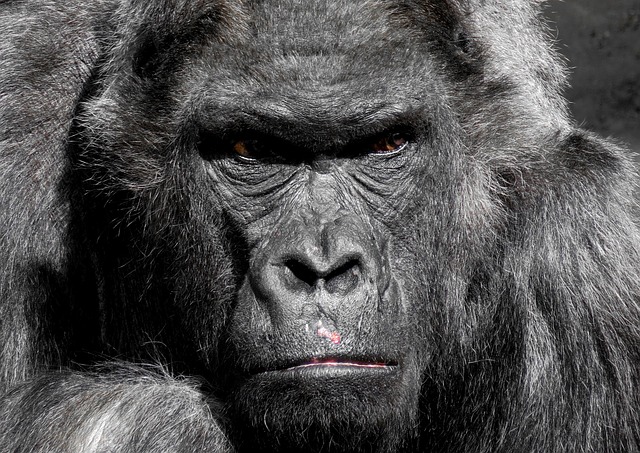
I watched a documentary on the current state of homelessness in San Francisco recently, and as I routinely witness it here in Eugene, I realized homelessness is out of reach of the services of social order.
Is this a foundational limitation in the ability of collective life to respond to individuality separately and rationally? It is, as a body, unable to respond to others—in and out of the family/tribe—where we don’t “like” the “mad” brother, sister, father, neighbor, stranger etc., etc. Our core response is to stay out of their way, avoid and deny encountering them so as to protect oneself from experiencing or engaging them.
In this circumstance there is no trust, and thus an avoidance of care, concern or communication, other than feeling it in its negative experience.
Wrapping this neural reflex—a subconscious reactive mess, and its pathways in outer expression—and it becomes the core mechanism of discrimination and exclusion in the social hierarchy. Neglect, demand, and denial becomes a way to manage those who are not given presence and place in humanity. In other words, it is the foundation of the validation of exclusion in the social hierarchy of force and power, domination and control—the primal character of the social order.
In earlier days the one who wouldn’t or couldn’t conform and follow was ostracized, abandoned, prevented from being in the village, tribe, family, or even killed. The dialogue became one of separating out intolerable behaviors with punishment and coercion to force changes in behavior. This becomes the thread of the relationship between crime and punishment, prisons and forced confinement—socialized dominance of those who couldn’t or wouldn’t “behave properly”.
This sociological circumstance is inescapable in society. It is not simply disagreement or misunderstanding, it is something much deeper. It is more of a variation of identity and functioning of individuality meeting collective expectations—often established traditionally and blindly in learned feeling based beliefs and expectations—absent of rational knowing, awareness, and/or understanding in a circumstance of the elements of the different individual characteristics in the challenge of provision for all. The “all” being a condition of the character, capacity, desires and expectations of individuals contesting and competing in, of, and for everything in the mind and body of each individual’s genetic neural composition—healthy or otherwise.
This maze of convolutions is what the social process is forced to meet and manage in a successful, ongoing dynamic of community interactions. History reflects its successes and failures.
I have often wondered why political choice, vote and approval, is based not on knowledge and reason, but on feelings—whether the leader is in harmony with one’s feelings and expectations. Why is this the most contentious and fundamentally difficult conversation and interaction of individual collective human life existence there is?
The social “order” remains the most primitive emotional and irrational complexity in human existence. There is yet to be a rational penetration into its foundations of management.
Just take a look at the “baseline” level of the evolutionary development of human consciousness that seems to be awakening more and more, but is yet too small in proportion to “compete” politically with “belief”.
We should probably go hide somewhere that nobody else knows about because, as of this moment, there is no means of infusing reason into leadership. In the minds of leadership there is an obvious lack of knowledge and understanding regarding the nature and character of what constitutes a “healthy” social order.
The result, as we are currently witnessing, is a collapse of trust and goodwill—a chaotic clash of “beliefs” and “values” that have nothing to do with valid social functioning. It serves no other purpose than the polarization of a people in a phenomenon of a generality of reactions—an empty, irrational perception of the fundamentals that drive human behavior. One would think the effective management of maintaining trust and goodwill would be a fundamental requirement of leadership.
All humanity is at the gateway of its survival and its need to meet its challenges of provision for all in a competition of feelings.
So, like some of the people living on the street and having no capacity to function psychologically, intellectually or collectively in any responsible way, unable to grasp social expectations of conformity, function and self reliance, they must be given something more than leadership’s denial.
Is this a problem that is out of reach of collective humanity’s social capacity? Especially in the hands of narcissistic egotism, inability, ignorance and denial that seems to be the primal, neural composition of leadership?
Historically, in the evolutionary past, social control meant dominance, tyranny, law, force and especially war, and all its ingredients of pathological behavior in active outward expressions of collective dominance and violence.
Welcome to neural biology. Welcome to neural sociology. Welcome to politics. We remain in the tribe of the big ape.
